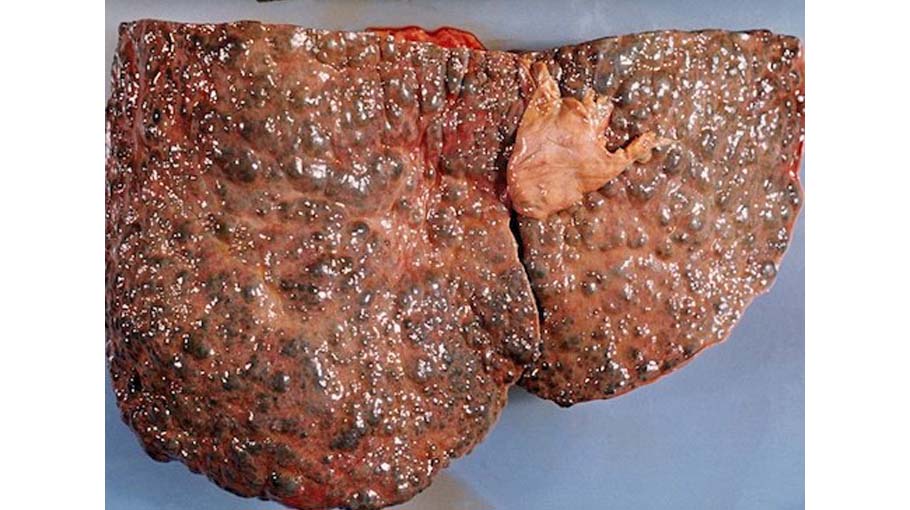Treatment for complications of cirrhosis (part 8)

Excess fluid in your body: A low-sodium diet and medication to prevent fluid buildup in the body may help control ascites and swelling. More-severe fluid buildup may require procedures to drain the fluid or surgery to relieve pressure.
Portal hypertension: Certain blood pressure medications may control increased pressure in the veins that supply the liver (portal hypertension) and prevent severe bleeding. Your doctor will perform an upper endoscopy at regular intervals to look for enlarged veins in the esophagus or stomach (varices) that may bleed.
If you develop varices, you likely will need medication to reduce the risk of bleeding. If you have signs that the varices are bleeding or are likely to bleed, you may need a procedure (band ligation) to stop the bleeding or reduce the risk of further bleeding.
Infections: You may receive antibiotics or other treatments for infections. Your doctor also is likely to recommend vaccinations for influenza, pneumonia and hepatitis.
Increased liver cancer risk: Your doctor will likely recommend periodic blood tests and ultrasound exams to look for signs of liver cancer.
Hepatic encephalopathy: You may be prescribed medications to help reduce the buildup of toxins in your blood due to poor liver function.
Courtesy: Mayo Clinic
Related News:
Causes, risk factors of Cirrhosis (part 2)




